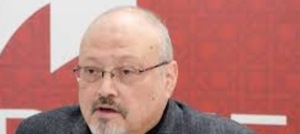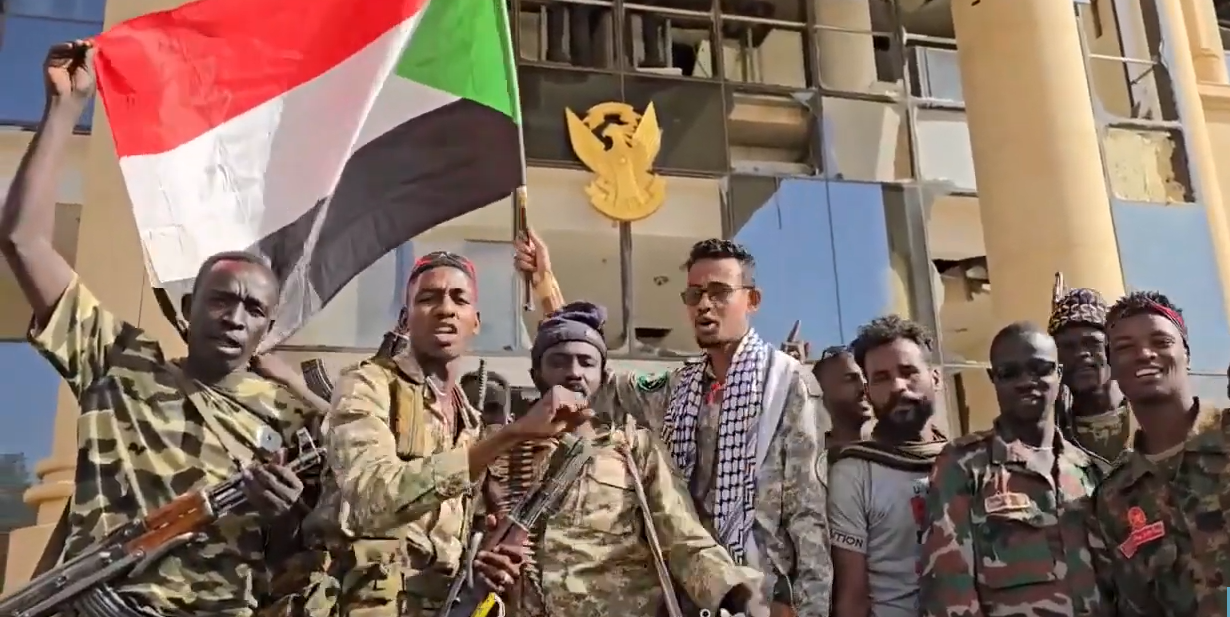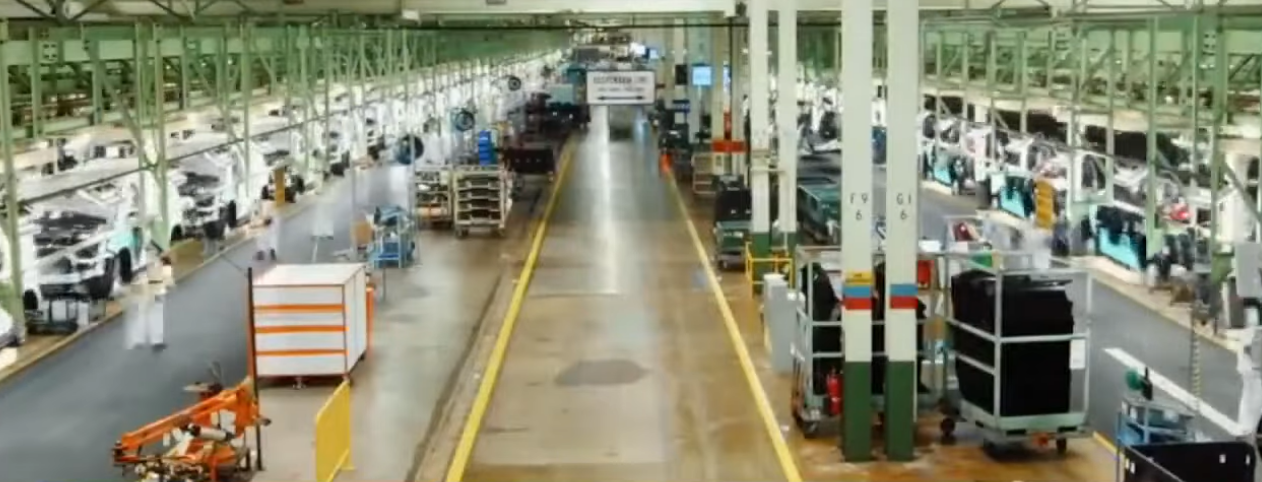Jamal Khashoggi. Photo-Flickr
editorial page editor, said that if true, this would represent “a monstrous and unfathomable act.”
Khashoggi had been writing a column for The Post’s Global Opinions section since last year. “He lamented that Saudi Arabia’s repression was becoming unbearable to the point of his decision to leave the
country and live in exile in Washington,” wrote Karen Attiah, Khashoggi’s editor, on Wednesday.
Hiatt, in his statement, called Khashoggi a “committed, courageous journalist.”
“He writes out of a sense of love for his country and deep faith in human dignity and freedom,” Hiatt said. “We have been enormously proud to publish his writing.”
Read excerpts from some of Khashoggi’s columns below.
Saudi Arabia wasn’t always this repressive. Now it’s unbearable. – Sept. 18, 2017
When I speak of the fear, intimidation, arrests and public shaming of intellectuals and religious leaders who dare to speak their minds, and then I tell you that I’m from Saudi Arabia, are you surprised?
With young Crown Prince Mohammed bin Salman’s rise to power, he promised an embrace of social and economic reform. He spoke of making our country more open and tolerant and promised that he would address the things that hold back our progress, such as the ban on women driving.
But all I see now is the recent wave of arrests. Last week, about 30 people were reportedly rounded up by authorities, ahead of the crown prince’s ascension to the throne. Some of the arrested are good
friends of mine, and the effort represents the public shaming of intellectuals and religious leaders who dare to express opinions contrary to those of my country’s leadership. …
It was painful for me several years ago when several friends were arrested. I said nothing. I didn’t want to lose my job or my freedom. I worried about my family. I have made a different choice now. I have left my home, my family and my job, and I am raising my voice. To do otherwise would betray those who languish in prison. I can speak when so many cannot. I want you to know that Saudi Arabia has not always been as it is now. We Saudis deserve better.
Saudi Arabia’s crown prince wants to ‘crush extremists.’ But he’s punishing the wrong people. – Oct. 31, 2017
Prince Mohammed is right to go after extremists. But he is going after the wrong people. Dozens of Saudi intellectuals, clerics, journalists, and social media stars have been arrested in the past 2 months — the majority of whom, at worst, are mildly critical of the government.
Meanwhile, many members of the Council of Senior Scholars (“Ulema”) have extremist ideas. Sheikh Saleh Al-Fawzan, who is highly regarded by Prince Mohamed, has said on Saudi TV that Shiites are not Muslims. Sheikh Saleh Al-Lohaidan, also highly regarded, has given legal advice that the Muslim ruler is not bound to consult others. Their reactionary opinions about democracy, pluralism or even women driving, are protected by royal decree from counter argument or criticism.
How can we become more moderate when such extremist views are tolerated? How can we progress as a nation when those offering constructive feedback and (often humorous) dissent are banished?
Saudi Arabia’s crown prince is acting like Putin – Nov. 5, 2017 Corruption in Saudi Arabia is quite different from corruption in most other countries, as it is not limited to a “bribe” in return for acontract, or expensive gift for the family member of a government official or prince, or use of a private jet that is charged to the government so a family can go on vacation.
Instead, in Saudi Arabia, senior officials and princes become billionaires as contracts are either enormously inflated or, at worst, a complete mirage. In 2004, Lawrence Wright wrote in the New Yorker
about “The Kingdom of Silence” where a massive sewer project in Jeddah was really a series of manhole covers across the city with no actual pipes underneath. I, as the editor of a major paper at the time, can
say that we all knew, and we never reported on it.
For More, Please See The Washington Post






